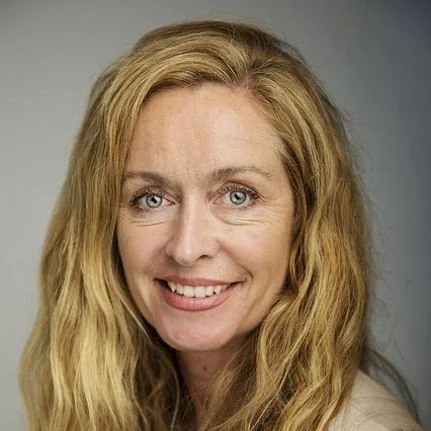Writing retreat with DIGIT
Would you like to participate in a three-day workshop focused on academic writing?
The aim of this retreat is to bring participants together in a quiet environment to concentrate exclusively on scientific writing. The program will include dedicated time for active writing as well as peer-to-peer discussions in groups. Each participant will also receive personalized feedback on their text from the course leaders.
Writing Retreat
at Rømskog hotel
When: 11-13 December 2024
Application deadline: 15 October 2024
Application: https://nettskjema.no/a/441078. Please note, your place is not reserved until you here back from us. We have limited capacity (12 spots).
Prerequisites: A paper draft (2000-4000 words), kappa draft or similar must be submitted in English or a Scandinavian language by Desember 2 at the latest. Please upload your draft here: https://nettskjema.no/a/441079
The writing retreat is open for DIGIT members only. All reasonable costs (economy travel up to 2500 NOK and full board at Rømskog Spa and Resort) will be covered.
Content
The workshop is structured to provide you with dedicated and uninterrupted time for individual writing. In addition to focused sessions for drafting your text, the workshop will include peer-to-peer feedback sessions, walk-and-talk discussions, and personalized feedback from the course leaders. Participants will be organized into smaller writing groups, where you will present your paper to your colleagues and the course leaders. You will also serve as a discussant for the work of your fellow group members.
To maintain focus, we ask all participants to fully commit to the entire program and refrain from external obligations during the days.
The workshop will be led by Marit Haldar from OsloMet and Kari-Steen Johnsen from the Institute for Social Research in Oslo.
Please scroll down to view the preliminary program.
See program (PDF download)
Course leader
Marit Haldar is professor of sociology at OsloMet and the director of DIGIT. Throughout her research-career she has been concerned with ideology and cultural analysis of childhood, old age, gender, family and (social) technology. She has also studied marginalized subjects in the welfare state and inequalities in treatment in the health care system from an ideological perspective. Haldar has broad and long experience with most qualitative methods and has developed new methods that are discussed in highly regarded international method literature (see Silverman, D. 2011, "Interpreting qualitative data", 4th ed. London: Sage). She has held courses in qualitative methods and writing courses at least once a year since 2011 and has extensive experience in providing feedback on texts in both the humanities and social sciences.
Course leader
Kari Steen-Johnsen works as a Research Professor at the Institute for Social Research in Oslo.
She is a political sociologist, who is interested in the conditions for democratic participation in the broad sense, emphasizing the consequences of digitalization and social media. Her research includes themes such as political mobilization and organization, citizen’s news use and political knowledge, as well as public debate and the freedom of speech.
Methodologically, Steen-Johnsen has used both survey methods and qualitative interviews, and she has also led projects using digital trace data.
Please feel free to contact the DIGIT coordinator should you have any questions.











